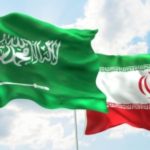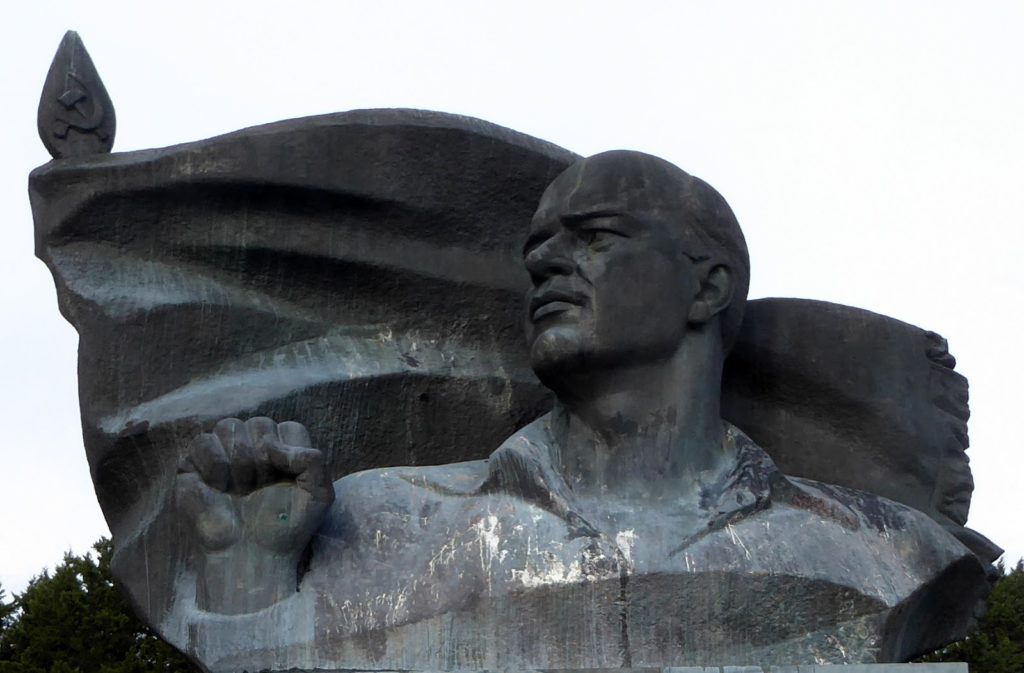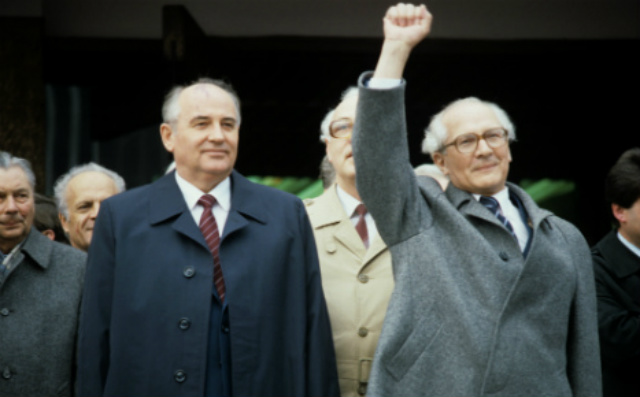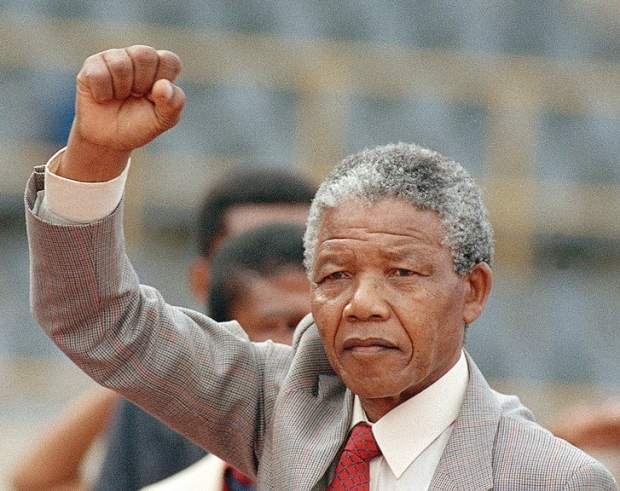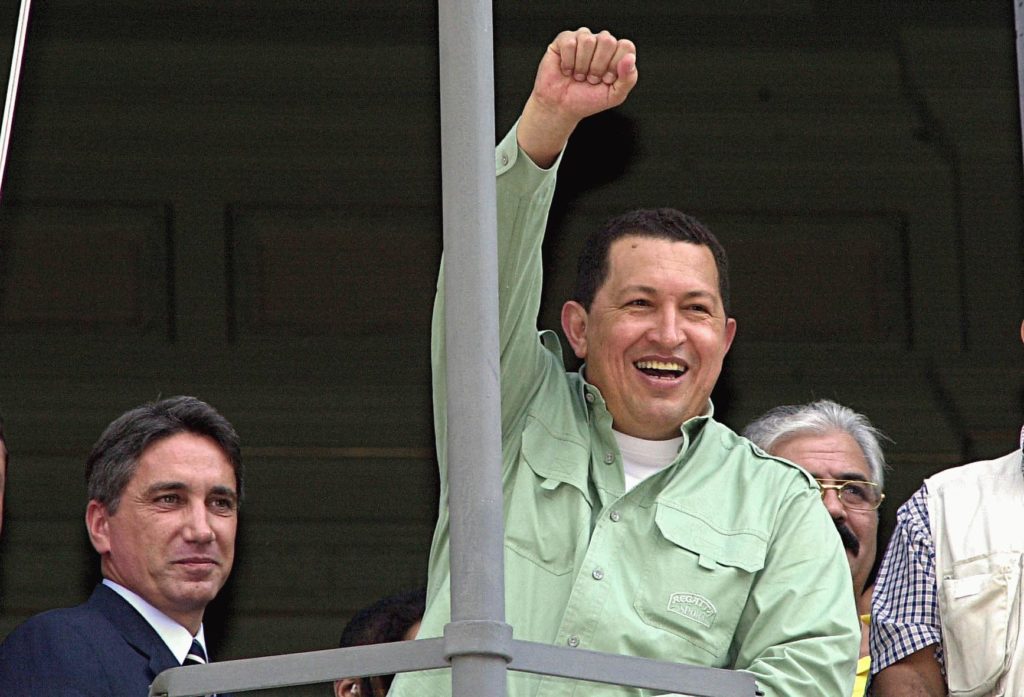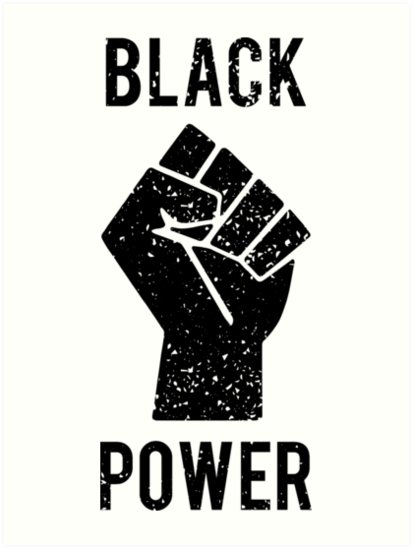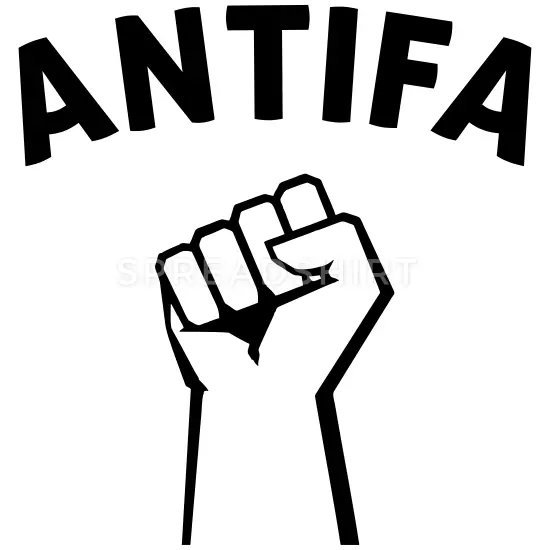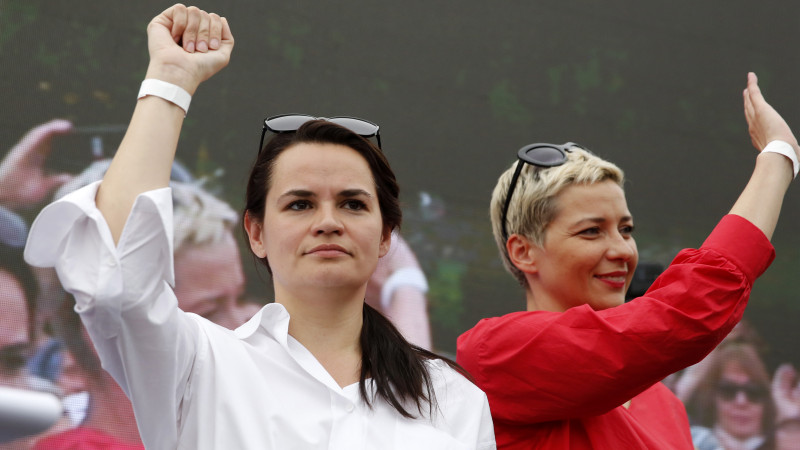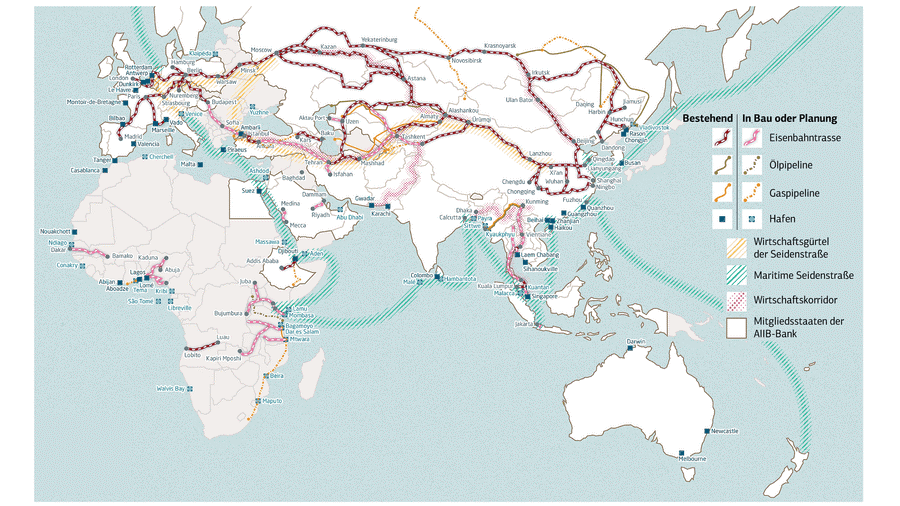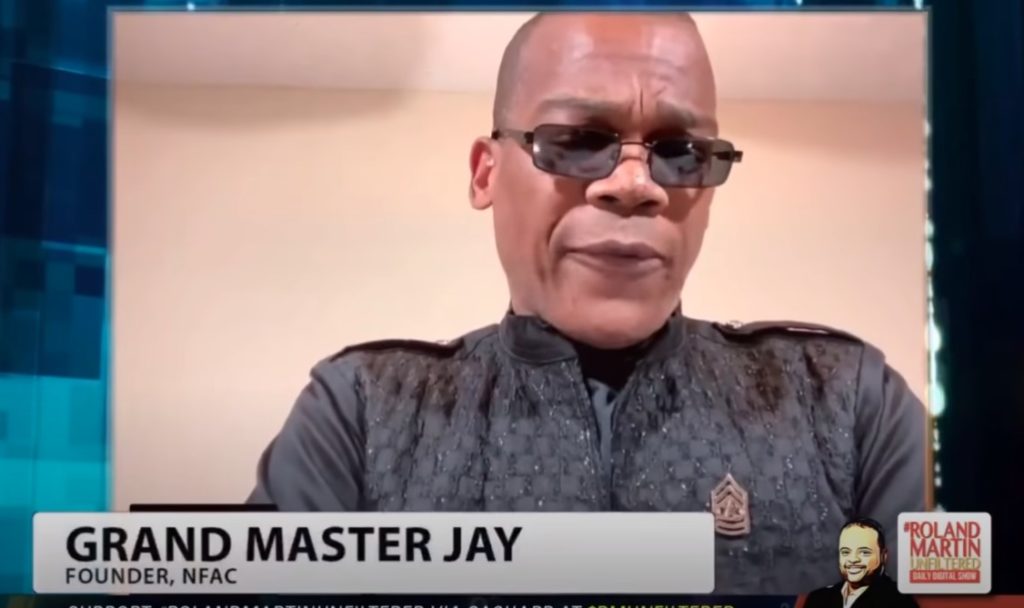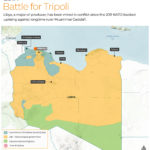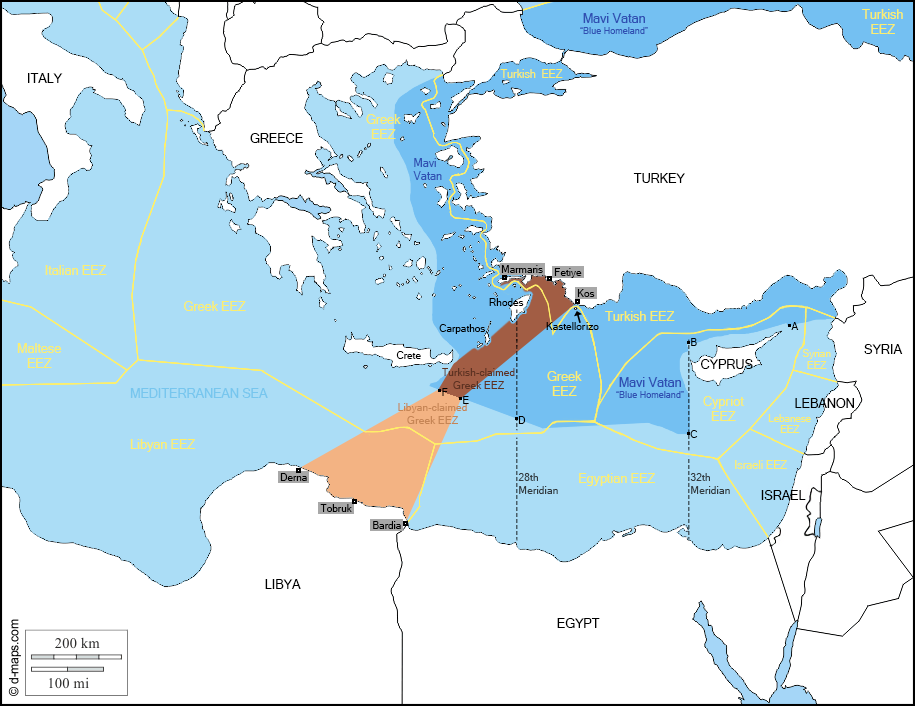Gefira 46 diverts the reader’s attention to the Middle East, or – to be precise – to Iran and Saudi Arabia, the countries that were once dubbed by the United States the two (stabilizing) pillars of the region. Riyadh and Tehran, which used to be capitals of monarchies, initially friendly to each other, since the 1979 Islamic revolution, have gone their separate ways and have been vying for the preponderance in the Muslim world. The rivalry is enhanced by the fact that Iran’s population is predominantly Shiite, while that of Saudi Arabia – Sunni. The differences do not stop there. Riyadh is pro-American and pro-Israeli while Tehran is unwaveringly campaigning for the Arab cause. Iran and Saudi Arabia are waging a war by proxy by supporting opposite sides to the conflict in Syria or Yemen; they also rely on political partners that are rivals in their own right. Riyadh is almost dependent on Washington, Tehran swerves towards Moscow and Beijing.
Though Iran has been for the most part economically and politically isolated for many years and weakened by the protracted war with Iraq, it has astonishingly preserved its position, has been challenging local and world powers and persevered on its course. The country’s population is multi-ethnic, which can be exploited by Iran’s enemies, but its Persian majority, rebellious though it can be from time to time, seems to remain loyal to the current political establishment, which the well-attended funeral of General Qasem Soleimani, surreptitiously assassinated by the Americans, confirms.
Gefira Financial Bulletin #46 is available now
- The Sunni and Shiite divide
- Ethnic diversity a weakness of any country
- The Iranian star shines bright
- The central banks fell ill with the corona virus

